Get this deal! Call now.
Speak with a vehicle protection plan specialist and get $300 off any new contract instantly.
Call 866-678-4172
or scan the code below


Summertime is the ideal season for many to get out and hit the open road – to soak up as much warm weather and fresh air as possible. However, no one wants to find themselves feeling the heat during a summer road trip or daily commute from an unexpected breakdown.
As the temperatures ramp up, your car can endure extra stress and wear. The heat can destroy batteries, be hard on your car’s air conditioning system, and adversely affect your tires. Being sure to check up on all of these components throughout the summer can help you avoid breakdowns and other car problems.
To help you beat the heat, here are some things to keep in mind when on the road this summer:

As many schools are nearing the end of summer vacation, it’s important to remember that the roads may still be more crowded than usual, so staying alert is essential. This is especially true if you live in areas that can have a lot of new drivers, as data shows that teens are more likely to be involved in accidents than any other age group. So be sure to engage your defensive driving skills, such as keeping two hands on the steering wheel and avoid using your mobile phone or other devices. Be sure to also be on the lookout for the “student driver” sticker and give yourself, and them, some leeway while on the road.

As the heated roads pack more and more drivers, similar to those readers that suffer from seasonal allergies, congestion is a rather common symptom. We all have our favorite summer destinations, and suffering through traffic jams is the price we gladly pay for getting there. Congested roads make for harder driving conditions and the increased potential for heavy wear and tear damages.
Be sure to also watch out for impatient drivers or vacationing drivers who are often unfamiliar with the roads as well, which can lead to erratic or unpredictable driving. What may be the long commute home to you, could be the “scenic route” to a couple of out-of-towners. To avoid congestion such as this, look at planning alternative routes to and from your workplaces or avoid high-congestion areas at peak traffic times throughout the day.
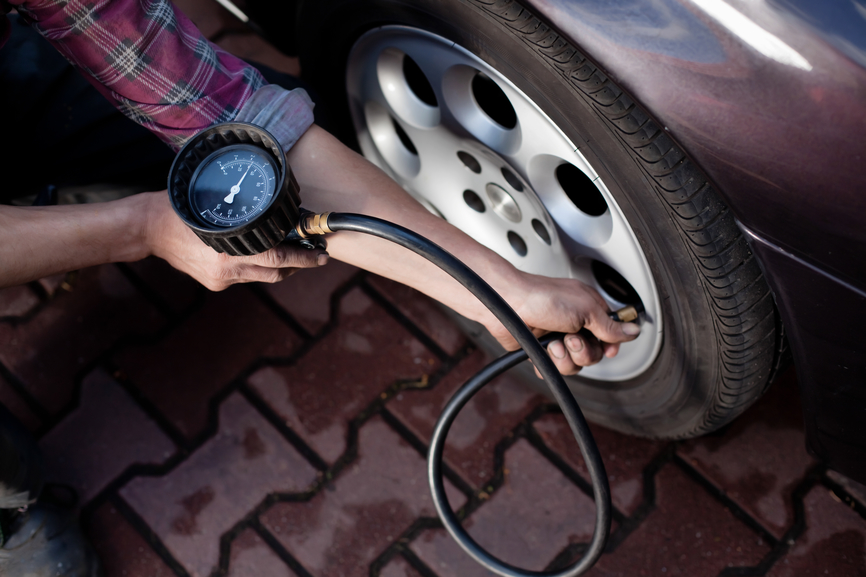
Summer heat can do a number on your tires as high temperatures put added stress on them, potentially resulting in a dangerous blowout. To maximize tire life and safety, check your tires condition and inflation pressure monthly, and have the tires rotated every 6,000 miles. The extreme heat of the summer will also cause tire pressure to rise, therefore, it’s important to check the pressure when tires are cold. Your owner’s manual includes the recommended air pressure for your vehicle’s tires, or you can easily find them online.
You can have even more peace of mind when it comes to avoiding a potential blowout with the help of EnduranceAdvantage™. As the most comprehensive vehicle protection plan available, not only will you be protected from costly repairs, but you can also proactively work to avoid one with up to $3,500 in regular maintenance coverage. That means essential preventative maintenance tasks like tire rotations, alignment checks and even tire repairs or replacements are all covered at no additional cost to you.
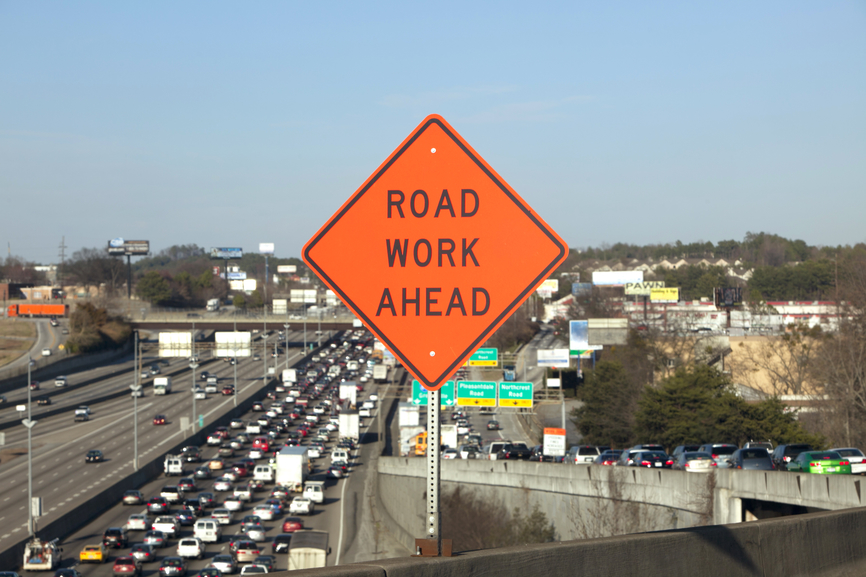
Summertime is a popular time for road construction. With the weather warming up, construction crews are apt to shutting down roadways to make needed repairs. Always be a little extra cautious when you drive around construction zones. Stay attentive, drive delicately, and be mindful of the space around your vehicle when navigating through these road work hazards.
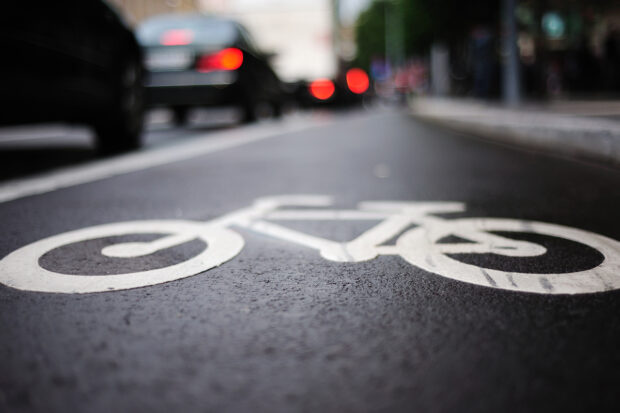
While many enjoy a summertime drive, cyclists and bikers take advantage of the warm weather by getting out of the garage and onto the streets, which makes sharing the road a priority for drivers. Driving alongside cyclists can make traffic maneuvers, from turning right to parallel parking, more dangerous. It’s best to leave extra space for cyclists for your safety and theirs.

Just as the scorching summer sun can dehydrate you on long drives, the chance of your engine overheating also increases as the temperature goes up. If your engine does overheat, it’s essential to pull over immediately to let it cool down completely before opening the hood for a closer look. If you happen to have an Endurance protection plan, you also have access to a year’s worth of free Endurance Elite Benefits, including 24/7 roadside assistance, so you can be sure you get back on the road faster.
Sunlight and heat can also damage the exterior of the car as well, but you can protect the outside of your car by having it washed every 1-2 weeks and having it waxed monthly. Your battery can also be negatively affected by the summer heat, so be sure to have your electrical system checked to make sure it is charging at the correct rate.
If your car’s battery is the type that needs to be recharged regularly, check it often, especially in hot weather and add distilled water if necessary to help cool it down. Be sure to also keep the top of the battery clean as dirt can become a conductor, which drains battery power. If corrosion accumulates on battery terminals, it becomes an insulator and inhibits the current flow.
Excess debris can also hurt your air conditioning system. So if you happen to notice that your air conditioner is not working properly, such as blowing hot air instead of the intended cold air, you may have an issue with your A/C Condenser.
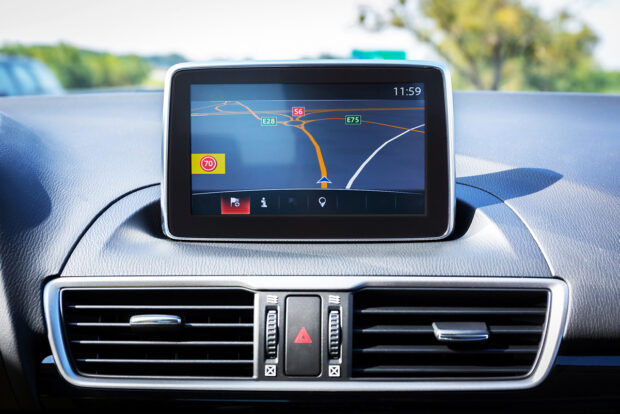
Be wary of traffic reports and always consider alternate routes or roads that may be closed off. The key to avoiding stress on the road is to plan ahead. Even if you don’t end up sticking to the original plan, it is well worth planning a route. Taking less than an hour to plan roughly how much you can spend on the road each day and activities that you can stop and do along the way, it will make any summer drive less stressful and more memorable.
When traveling with children, this small amount of time spent planning can save a whole lot of hassle on the journey. It will give the young ones (or young-at-heart) something to look forward to along the way, and could prevent unnecessary arguments. Consider the mythical “scenic route” if you are feeling particularly adventurous.
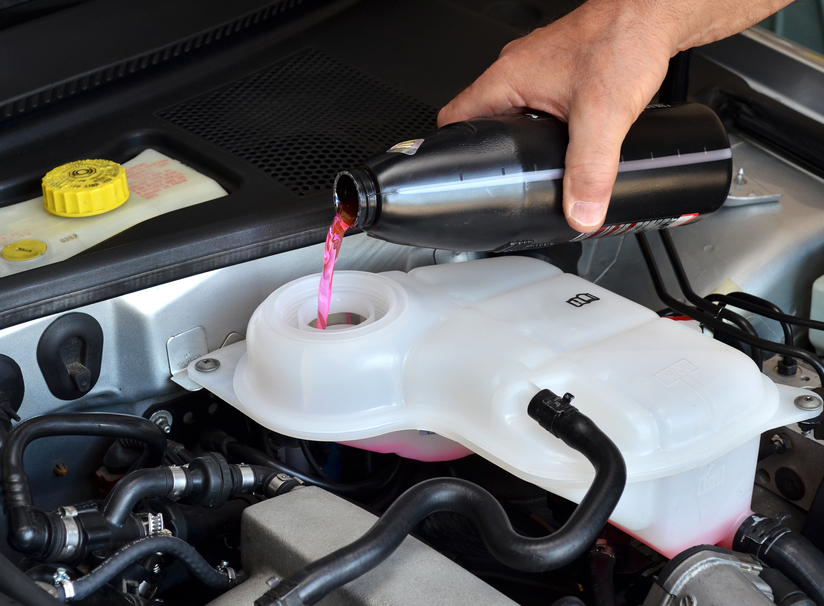
During the summer, we all need water to stay active and prevent dehydration. Your car isn’t any different. Without maintaining fluid levels in your car, you may find that it decides to breakdown on you in the middle of nowhere. The cooling system also works harder during hot temperatures to prevent overheating of the engine. To keep the cooling system working effectively, the coolant and distilled water mixture for a vehicle’s radiator should be 50:50. As a reminder, never open a hot radiator cap when checking the coolant level in the reservoir.
As a rule of thumb, the coolant should be changed annually on most vehicles. This will keep the cooling system fresh and clean inside, which helps prevent corrosion and assures that the coolant has the proper boiling point and protection. A pressure test, thermostat test, a cooling fan test, or just a visual inspection for leaks and corrosion should also be done annually. Hoses and drive belts should be checked for cracks, bulges or frayed edges. The radiator should be kept clean by periodically using a garden hose and a soft brush to carefully remove bugs, dirt and debris. To keep your car in tip-top condition this summer, you should make sure the following fluids are kept topped off, including: engine oil, windshield washer fluid, engine coolant, and of course, fuel.
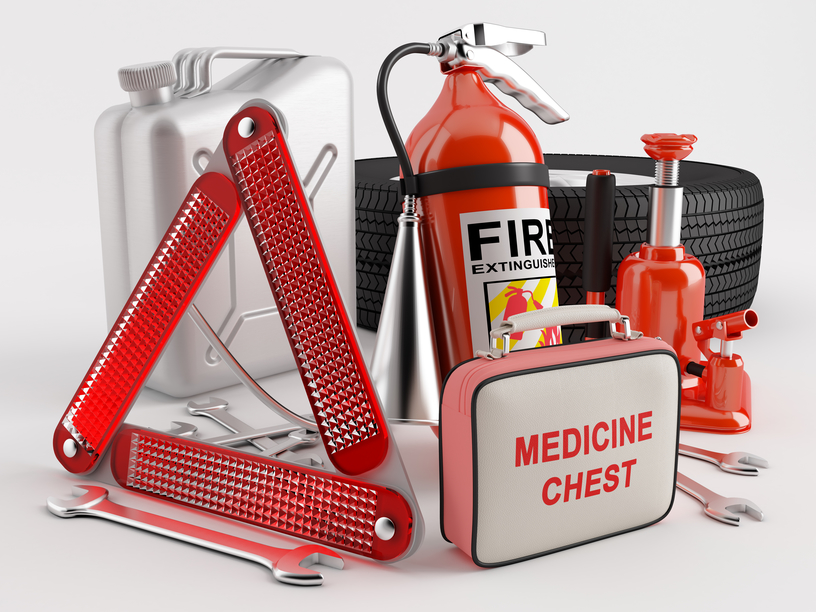
his is an essential tip for any car journey, as no matter how old or new your car is, it could break down at any time. Your emergency kit should consist of a breakdown triangle, a blanket, a flashlight, high visibility jackets, a mobile phone, a map, and most importantly breakdown coverage details. When you pack the car in a rush you have a tendency to miss things and to forget where everything is in the car. Take a bit of time, and put things in the glove box that you will need on the journey. Make sure you can easily reach things like tissues, snacks, maps, pillows, and warm clothes. Everything else should be packed in the order you will need them, in the event you do actually need them.
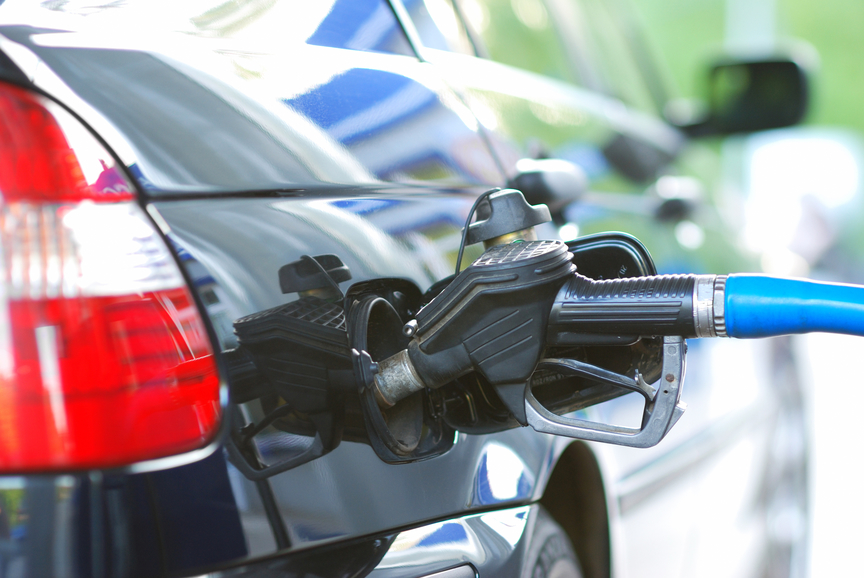
If you plan your fuel stops in advance you can save when refueling on your summer journey this year. Why not take a little time to find out where the cheapest stations are on your holiday route, and spend the savings on some ice cream, roller coasters, or cooling off at the movies. Check out apps like GasBuddy which gives you up-to-the-minute updates of surrounding gas stations to ensure you get the cheapest fuel possible.
Avoid feeling the heat of costly repair bills and unexpected repairs with the help of EnduranceAdvantage. Along with the most comprehensive coverage, you can have up to $3,500 worth of regular maintenance coverage for services such as tire repairs, alignment checks and more at no cost to you.
Learn more about any one of Endurance’s protection plans by visiting us online today. You can also check out our Learning Center for more informative and helpful articles on a variety of topics such as DIY maintenance tips, FAQs and more.

We're here to make sure you get the most comprehensive EV protection. That's why we've partnered with Xcelerate Auto to offer you transparent and dependable Tesla coverage.
Want us to contact you about XCare coverage for your Tesla?



Call for $300 off any new plan!
By clicking the button, you consent to Endurance using automated technology to call, email, and text you using the contact info above, including your wireless number, if provided, regarding auto protection or, in California, mechanical breakdown insurance. You also agree to the Endurance Privacy Policy and Terms and Conditions. Consent is not a condition of purchase, and you can withdraw consent at any time. Message and data rates may apply.
Speak with a vehicle protection plan specialist and get $300 off any new contract instantly.
Call 866-678-4172
or scan the code below



Simply fill out the information below and we will follow up fast with your free no-obligation quote.
By clicking the button, you consent to Endurance using automated technology to call, email, and text you using the contact info above, including your wireless number, if provided, regarding auto protection or, in California, mechanical breakdown insurance. You also agree to the Endurance Privacy Policy and Terms and Conditions. Consent is not a condition of purchase, and you can withdraw consent at any time. Message and data rates may apply.

To speak to a vehicle protection plan specialist and save $300
Scan the code below
Alex has worked in the automotive service industry for over 20 years. After graduating from one of the country’s top technical schools, he worked as a technician achieving a Master Technician certification. He also has experience as a service advisor and service manager. Read more about Alex.